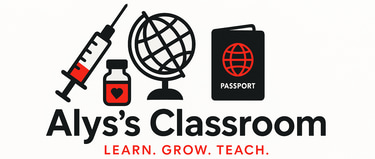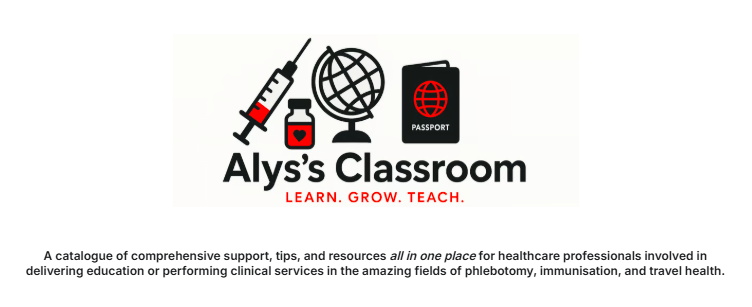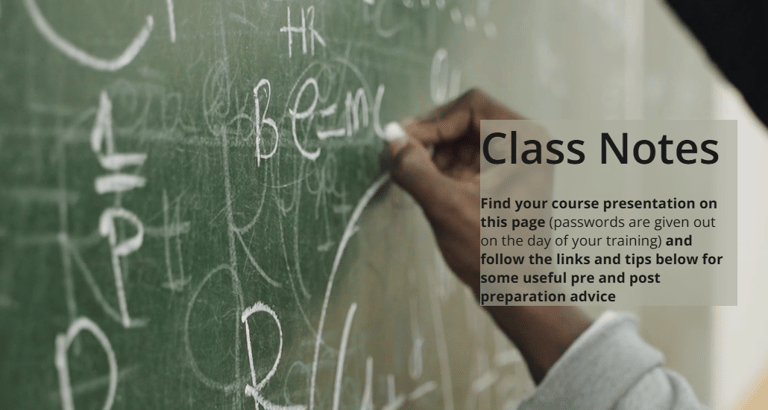Stay Awesome
Hi! I'm Alys and you can read all about me HERE if you want to know some of my background.
I will be delivering your annual immunisation update training in February in accordance with the National Minimum Standards. Please come along with your questions, I do enjoy a good digression from the plan- and I want you to take opportunities to get as much benefit as possible from the course.
Please have a read of the organiser information you have been sent for details of timings and location, plus all my personal tips below so you can feel nice and prepared for your immunisation training.
It's a tough job in just half a day and we will have so much to cover BUT please be assured that I will give you resources to help you to digest it all and come back to when it's not so overwhelming all at once!
For example:
Have a browse of the following pages of this website that you're on now (and bookmark it) just so you are familiar with where all the guidance is that we will be referring to during the course: You don't have to read every word of everything, it's just so you are familiar with where to continue the learning after the course. These pages form a 'reference list' for everything (and more) that I tend to bring up on immunisation courses.
Immunisation key documents and guidance Here you will find all the competency and guidance documents surrounding immunisation and useful information about legal mechanisms for administering vaccines.
Hesitancy and uptake Here you will find helpful articles and suggestions for increasing your uptake and reassuring the concerned public when it comes to misinformation.
The vaccine portals Here you will find a page for every vaccine in the UK with specific guidance and information around each one. PGD's, Green Book links, posters, cheat sheets, extra reading, and so on.
Consultation tools Here you will find lots of resources for helping your appointments run well, things like working out vaccine histories from abroad, useful leaflets for patients and revision aids.
Techniques Here you will find the practical tips around administration and some really picky things about medication administration.








